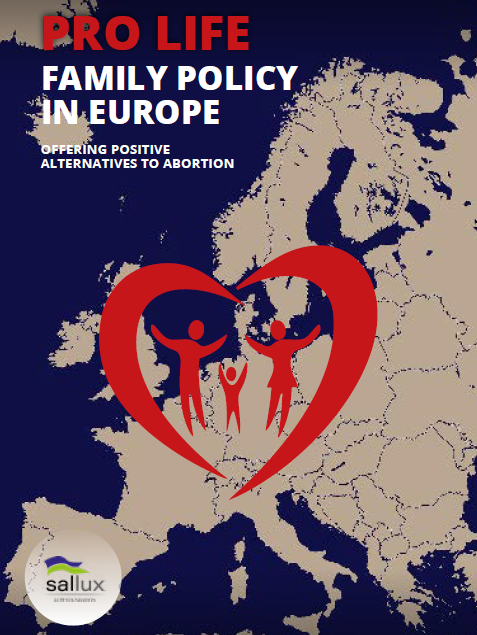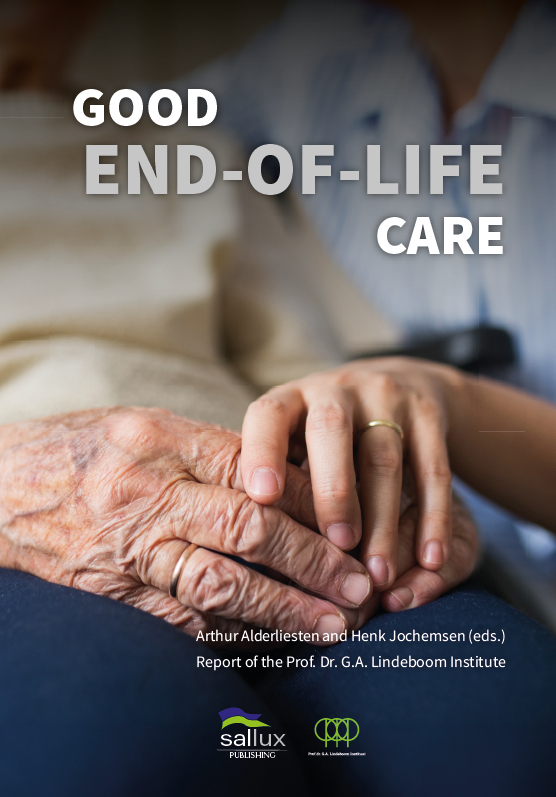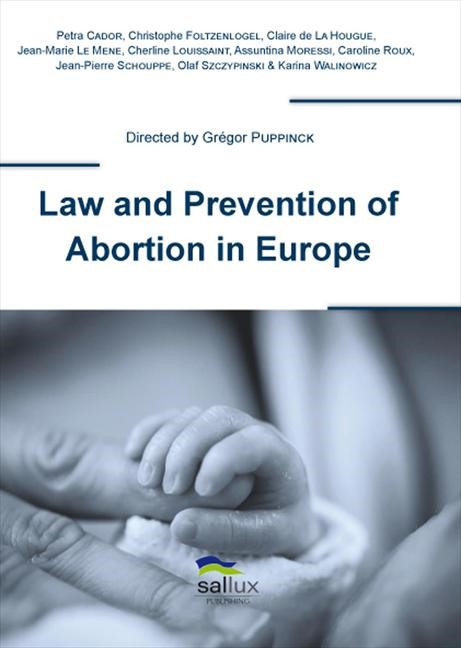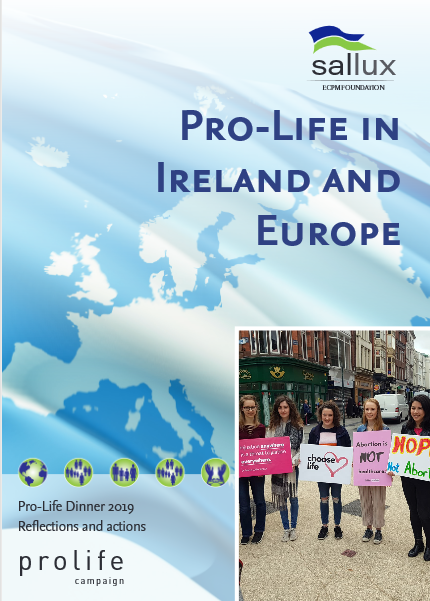Human dignity as core principle Article 1 of the Charter of Fundamental Rights of the European Union states: ''Human dignity is inviolable. It must be respected and protected.'' If there is no respect for life, human dignity is put into question. Emphasizing life ethics need not to be understood in defensive terms, but as condition for the appreciation and realization of human dignity. The principles of human dignity transcend time and culture, and cultural values related to human dignity are some of the most significant features of contemporary society throughout Europe and internationally. Human dignity is a principle that transcends the subjective and presents a reality of critical importance to everyone of us. As a principle, human dignity is always unchangeable and relevant to all cultures. People of all religions and backgrounds need the fundamental freedoms, based on human dignity, to flourish. Human dignity expresses the intrinsic value of every human being in every stage of existence. In Christianity, this universal principle rests on the human being as created in the image and likeness of God. This defines the human being as a relational being. The Christian understanding of God is Trinitarian and therefore relational, so this is reflected in human existence. Politically, this means that human dignity is not just about the value and rights of the individual. Human dignity is not fully realised as long as the value of committed relationships is not appreciated and cherished. This includes valuing relationships and striving for right and just relationships in life, ethics, society and economy.

Why tradition is not enough
Many politicians and parties in the Christian and conservative corner refer to ‘tradition’. It is therefore important to explore what it means.
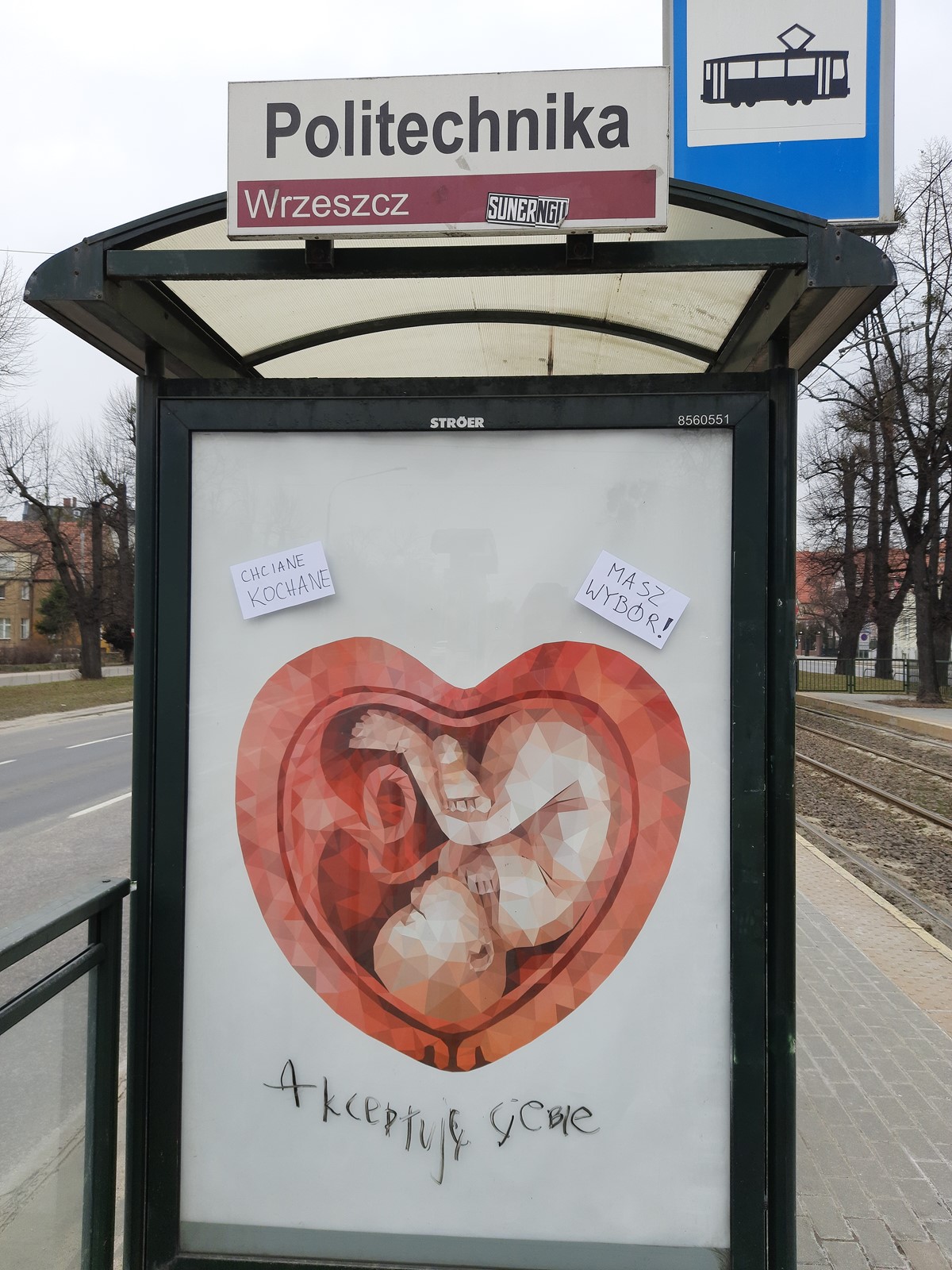
What is pro-life?
A relevant question which we as Christians should ask ourselves.
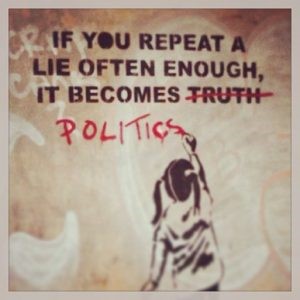
Truth, Facts and Politics
What we see in the various political crises is that we are truly experiencing the ‘democratisation of democracy’, but in a way that needs urgent reflection. By drs. Johannes de Jong
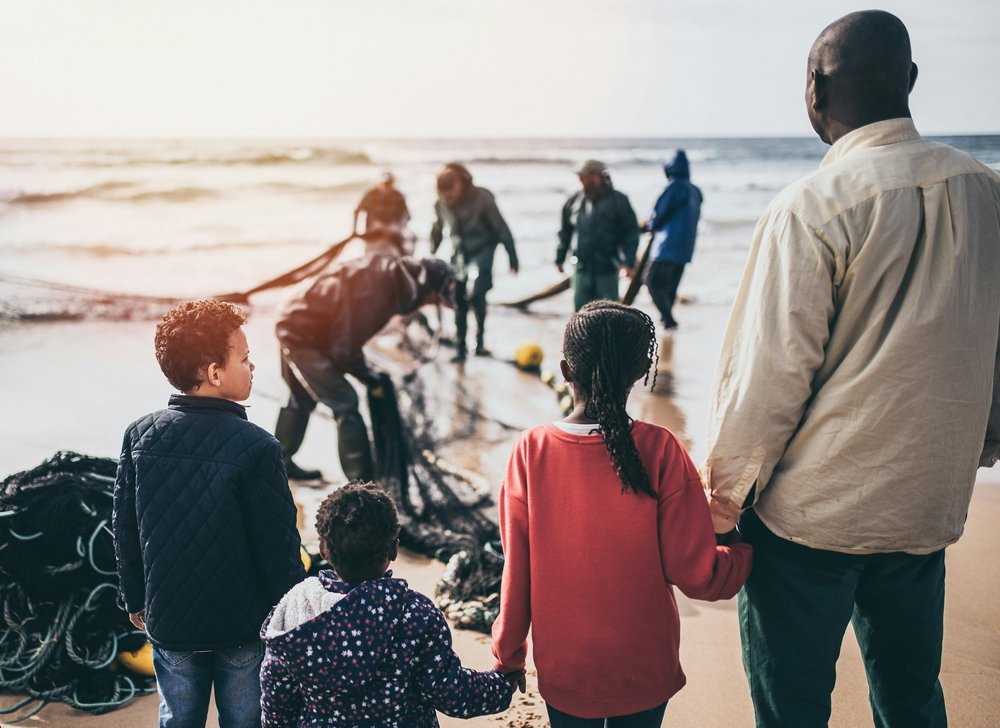
When will Europe ever learn to connect the dots?
Only when Europe learns the connection between cause and effect, Europe will be able to do something about immigration. From drs. Johannes de Jong
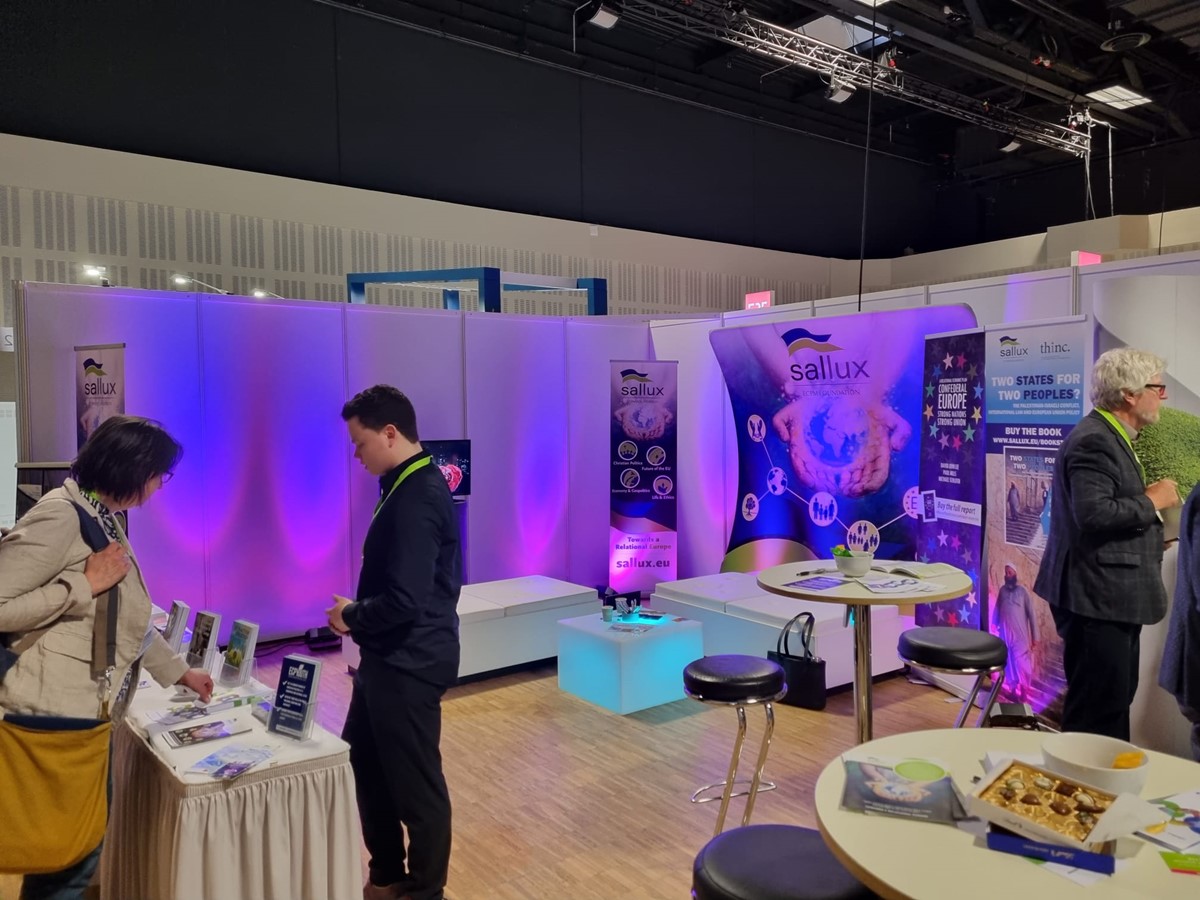
Visit Sallux at our booth E34 during the KCF25 exhibition from 6 to 8 March 2025 in Karlsruhe
Sallux | ECPM Foundation would like to inform you that we are visiting the KCF 25 exhibition in Karlsruhe.
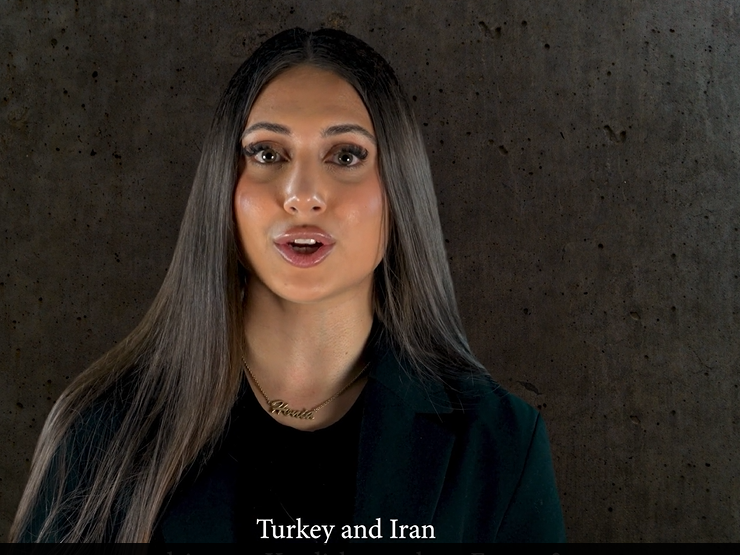
The Kurdish Situation as example of how our foreign policy creates immigration
The situation of the Kurds is a clear example of how our foreign policy supports and appeases extremist and totalitarian regimes and how that leads to people becoming refugees in Europe.
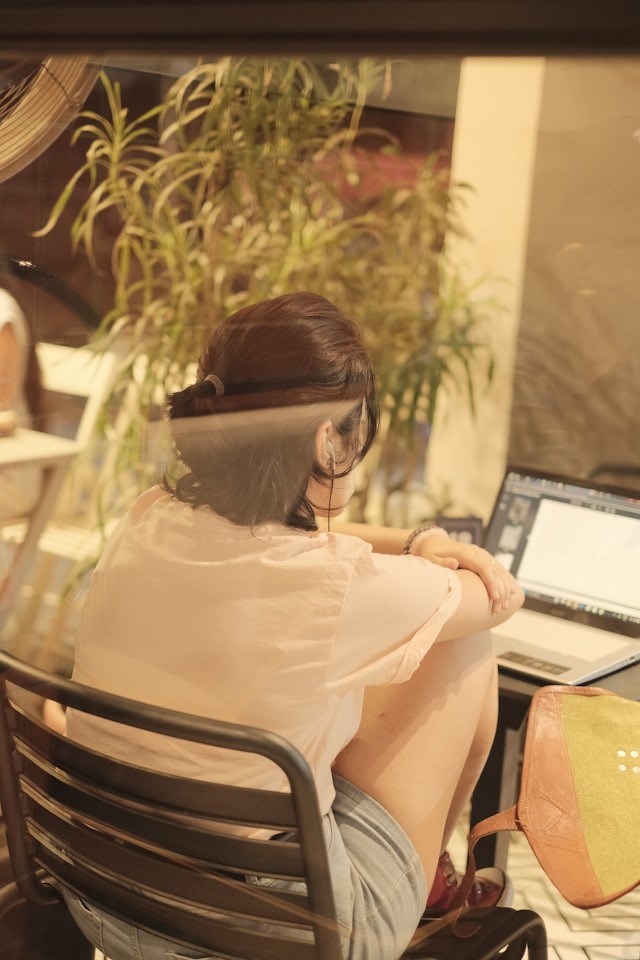
Women, Men and Human Dignity
The re-election of former President Trump has put a spotlight on one new global phenomenon that is also present in Europe. A global socio-political gap is emerging between young men and women who are part of Gen Z.

Demographics: and the need for an economy that supports families
Demographics in Europe is changing rapidly. Either we change our economy or we will soon face massive problems in essential services such as healthcare, police and so on. We therefore need a fundamental change in what we really value in our society and we need an economy that supports families.
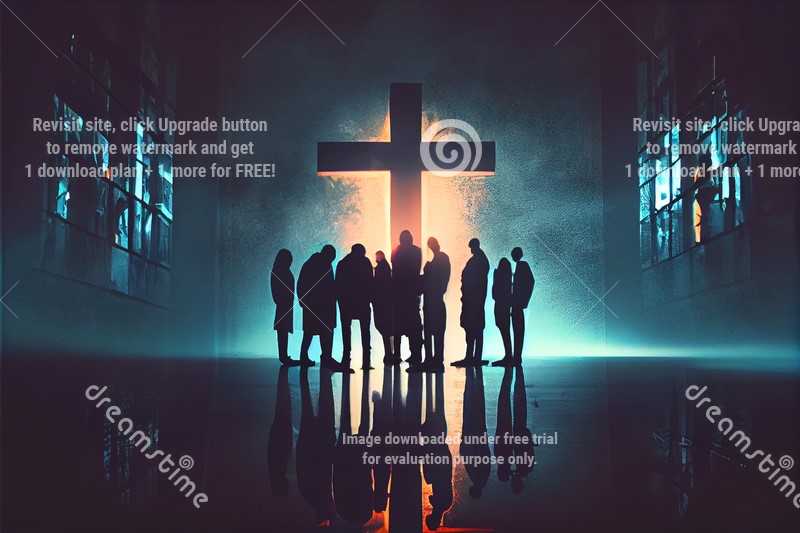
Human dignity is truly the only foundation for a common future!
Across Europe we see a continuation of polarization. Deep social and cultural rifts translate in very personal clashes of all kinds of (geo)political issues.

Towards an effective strategy for freedom of religion
Every year, Open Doors is publishing its well-known World Watch List annual ranking of the 50 countries where Christians face the most extreme persecution. This year two points drew specific attention in the Dutch Christian media.
Persecuted Christians, Identity and Foreign Policy
Recently there has been an outcry among many Christians in Europe over the attacks against Christians in Pakistan that followed after even stricter blasphemy laws have been introduced in that country. As usual MP’s and MEP’s here in Europe who are standing up for freedom of religion and belief (most of them Christians) filed questions over this situation in Pakistan.
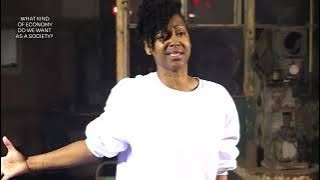
“Spoken Word ‘Human Together’: A Relational Economy.”
Political think tank Sallux presents ‘Human Together’, a vision on how a healthy economy could look like.

Looking back and looking forward in promoting human dignity
From the director: Summary of Sallux work in 2022 and Christmas greetings
System crisis requires systematic change
Recently a number of Renew MEP’s (including those of the Dutch left-liberal D66 party) tried to exclude the pro-life lobby from the European Parliament. At the same time the communication by the D66 party over the intended nitrogen policy and the subsequent farmers protests in The Netherlands came across as aloof and uncaring.
Life and Ethics
This is the fourth and final reflection on the ‘four streams’ of Sallux about the stream 'Life & Ethics'.
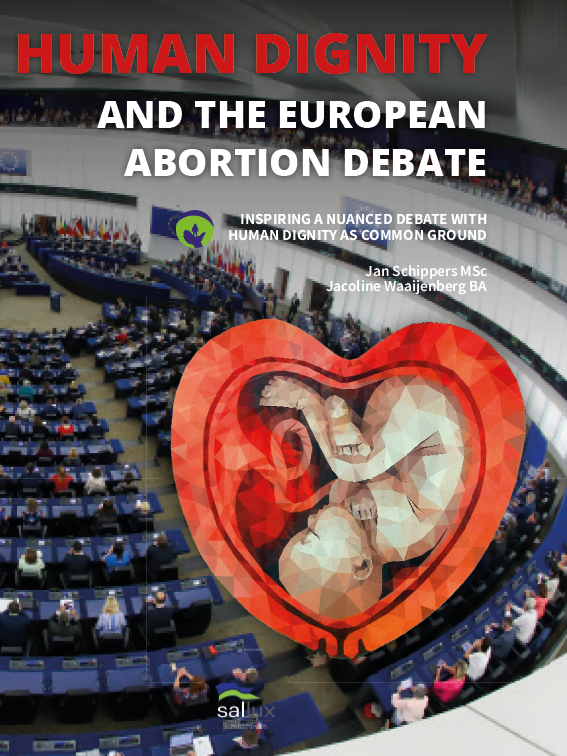
Human Dignity and the European abortion debate

Demnitate umană Fundamentul creștin al Uniunii Europene
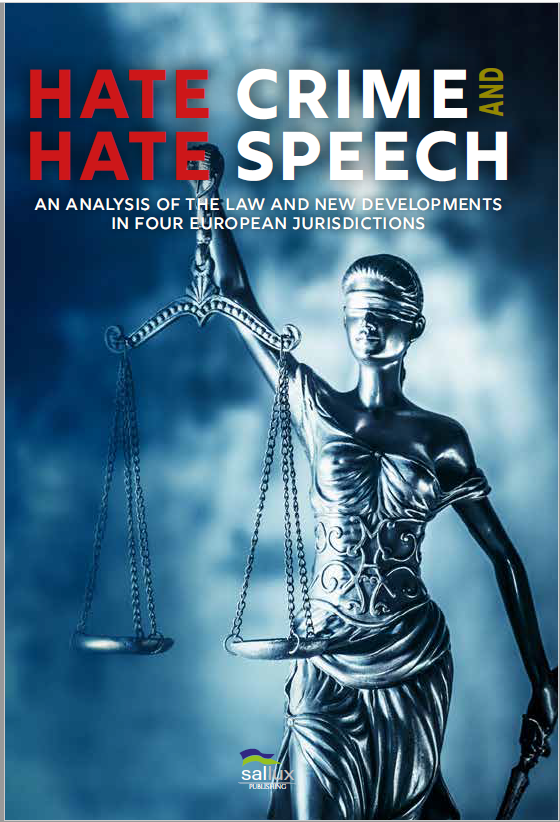
Hate Crime and Hate Speech
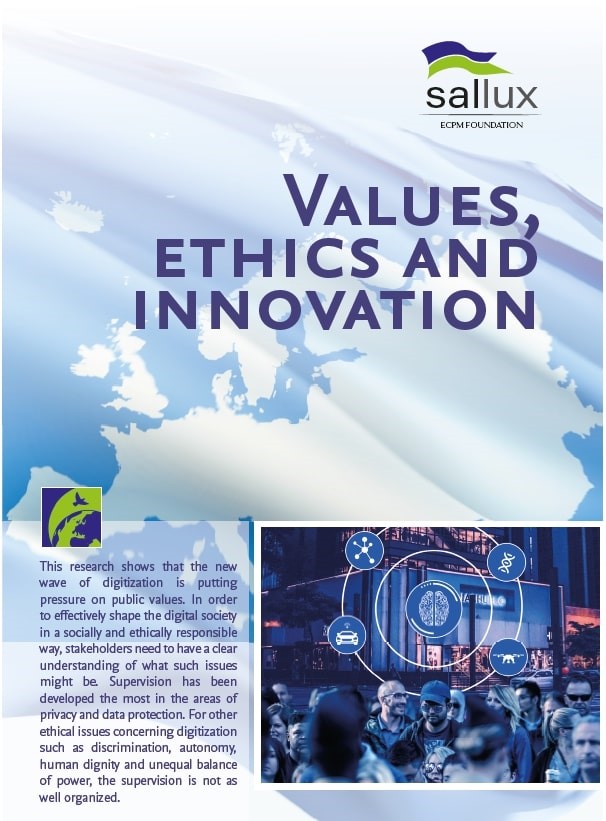
Values, Ethics and Innovation
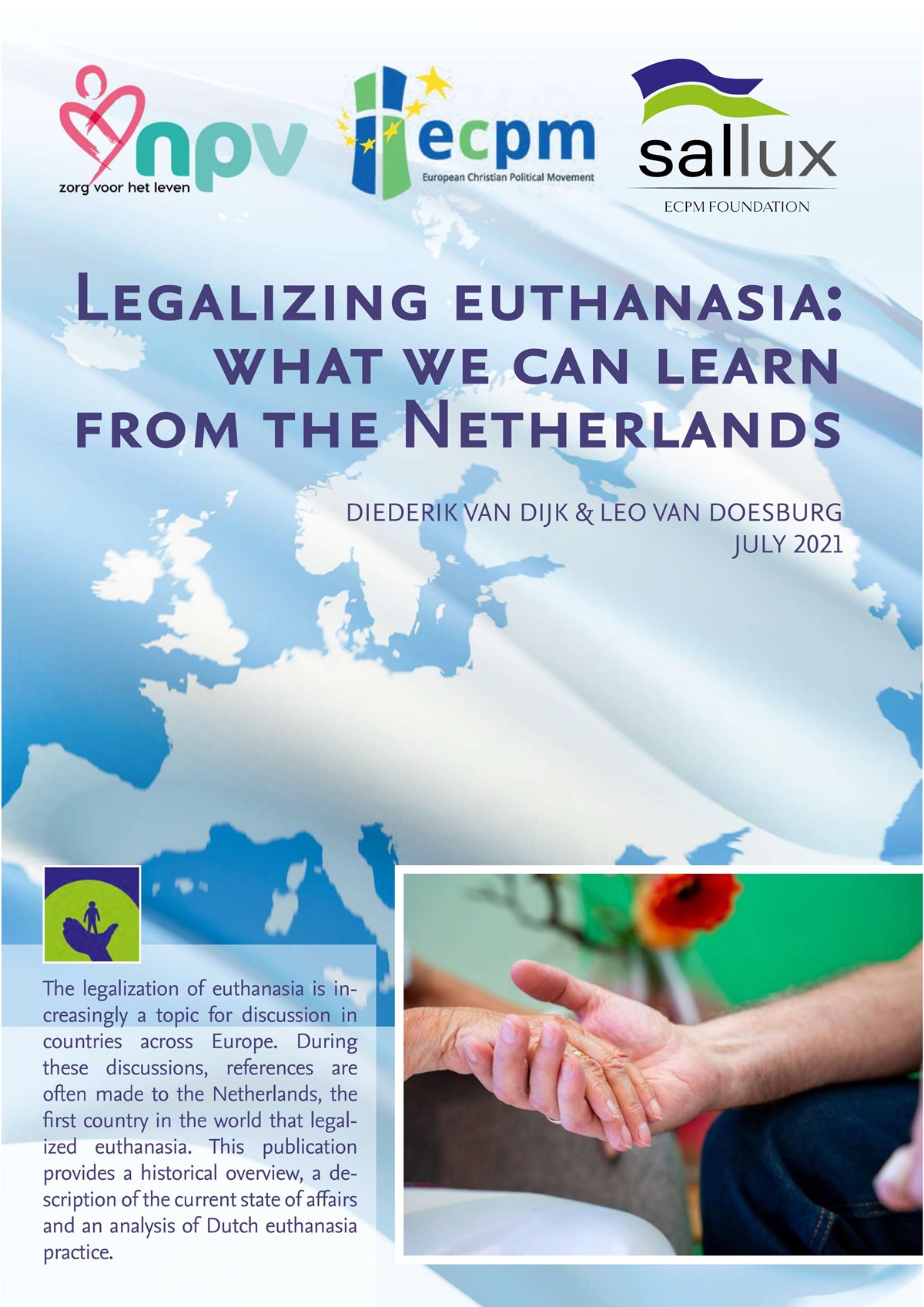
Legalizing Euthanasia: What we can learn from the Netherlands
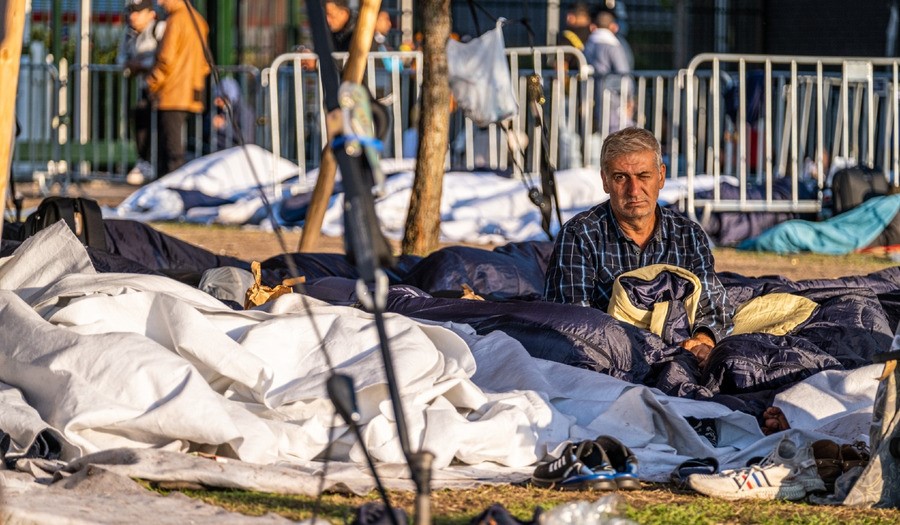
NL Webinar: Een christelijke blik op asielmigratie
Asielmigratie blijft een grote splijtzwam in Nederland en dat geldt ook voor christenen. Waar de een hamert op draagvlak, benadrukt de ander barmhartigheid. Onze benadering is gebaseerd op cijfers en feiten, die dus niet meteen als ‘links’ of ‘rechts’ in te delen is. We willen deze benadering presenteren in een webinar op 4 april aanstaande.

Towards a Better Approach to Asylum
Explore the gospel's impact on human dignity and migration in this transformative webinar. Inspired by Colossians 3:11, delve into theological foundations, ethical considerations, and policy implications with expert speakers.

A family-centred Europe as the solution to the demographic challenge
This webinar will examine some of the complex factors including cultural shifts, economic pressures, and social changes. Together, we’ll explore topics such as changing family dynamics, urbanization, housing affordability, and the evolving roles of education and work.
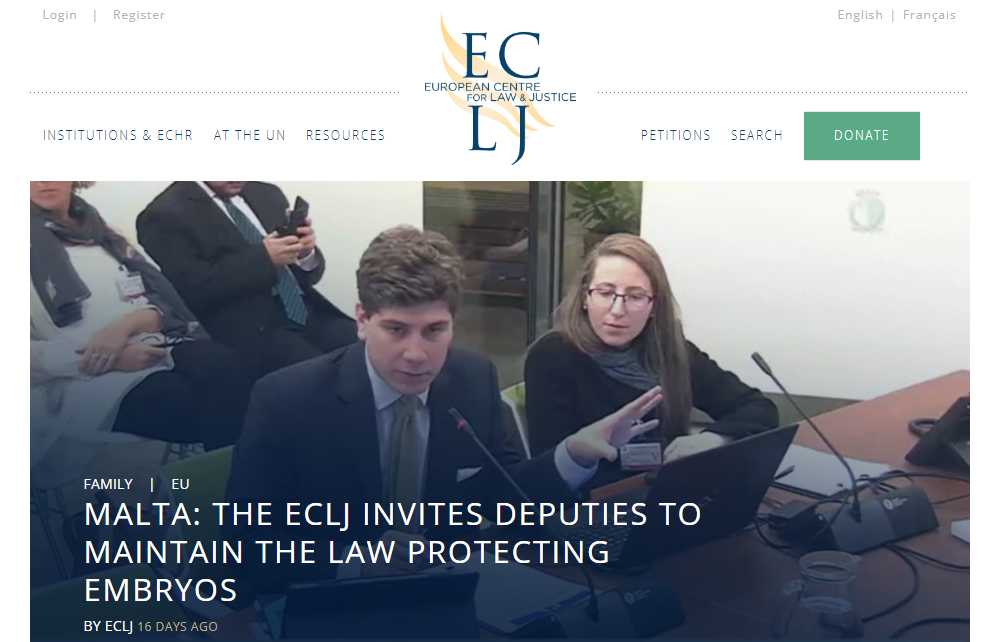
Event Report: Conference on the Embryo Protection Act in Malta
Life Research Unit organised a conference on November 13th on the Reform of the Embryo Protection Act in collaboration with Sallux.
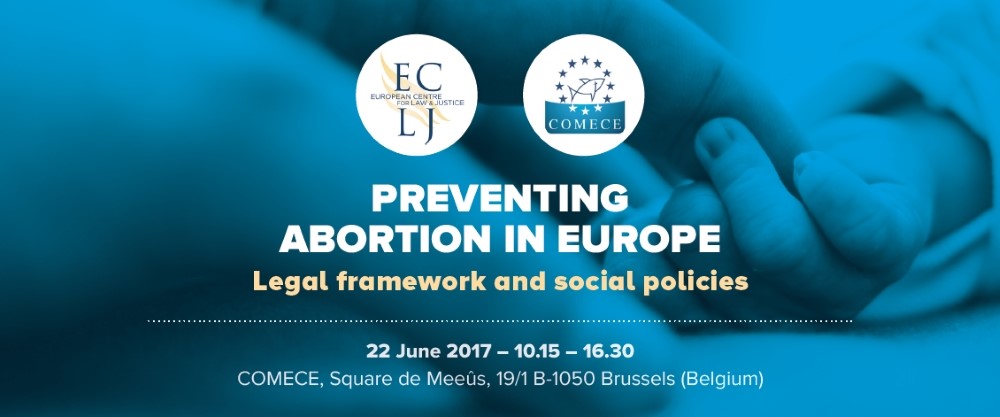
Event report: Preventing Abortion in Europe, Legal Framework & Social Policies
A very well attended event in Brussels at 22 June in cooperation with Sallux, ECLJ and COMECE as well as other partner-organisations focused at how abortion can be prevented and reduced across Europe. The widespread use of abortion is a social problem and a matter of public health that affects the whole society and engages our future. The purpose of this seminar is to identify good practices for effective abortion prevention policies, particularly among young people.

